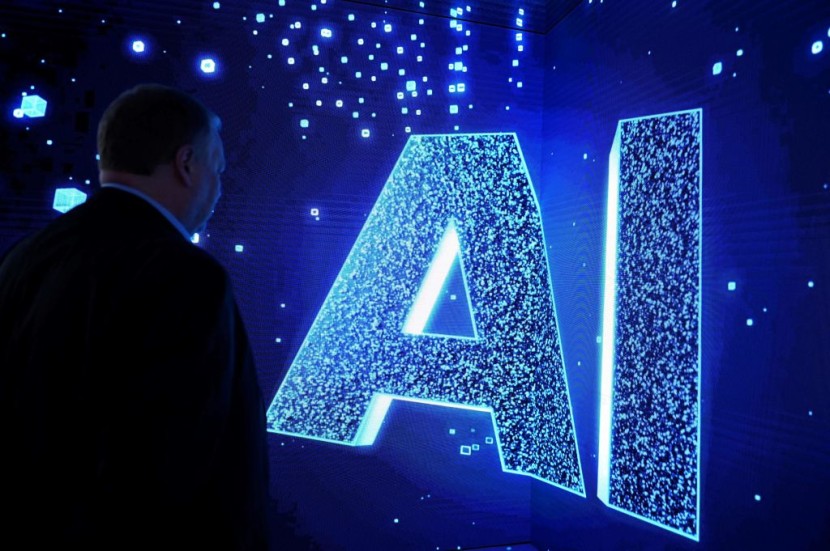Artificial intelligence has been a big star during CES 2024. During this year's various presentations, we have seen various presentations regarding the integration of AI into gaming, home appliances, and even cars.

Now, AI is making its way into childcare.
A new company called Capella has developed a new app for your phone that can transcribe your newborn baby's cries informing you whether they are hungry, tired, uneasy or simply need a diaper change. All through the use of AI and machine learning.
How Accurate Is The App?
In an article published by CNET, it says that Capella states that their application is 95% accurate as opposed to humans who are only 30% correct. However, one should take these stats with a grain of salt and better yet if you think Capella's assessment is wrong you can just tap the "I disagree" option on their app. The app itself will cost you $10 a month and is even looking into seeing if your baby is crying because it's too hot or too cold. During their demonstration of the app, they used a baby doll crying to show off its capabilities.
However, Capella is not the only product in the childcare market that uses AI to support you in your childcare endeavors. Last year at CES there was the device Qbear+ and it even received an award for its innovation. For more on Qbear+ Mashable has gone into more detail. But as previously stated, Capella's product isn't an entirely new device and is instead an app you can get for your phone. CNET pulled a statement from their site that says "With our groundbreaking AI-powered baby cry translator, we accurately understand your baby's needs and use AI-generated sounds to soothe your little one without requiring your constant attention".
This year's CES has made it abundantly clear that artificial intelligence is not just a passing trend but is likely here to stay for the long term. As our understanding of AI and its diverse applications deepens, it is inevitable that we will see the implementation of more regulations and restrictions surrounding the use of this burgeoning technology.
© 2025 HNGN, All rights reserved. Do not reproduce without permission.








